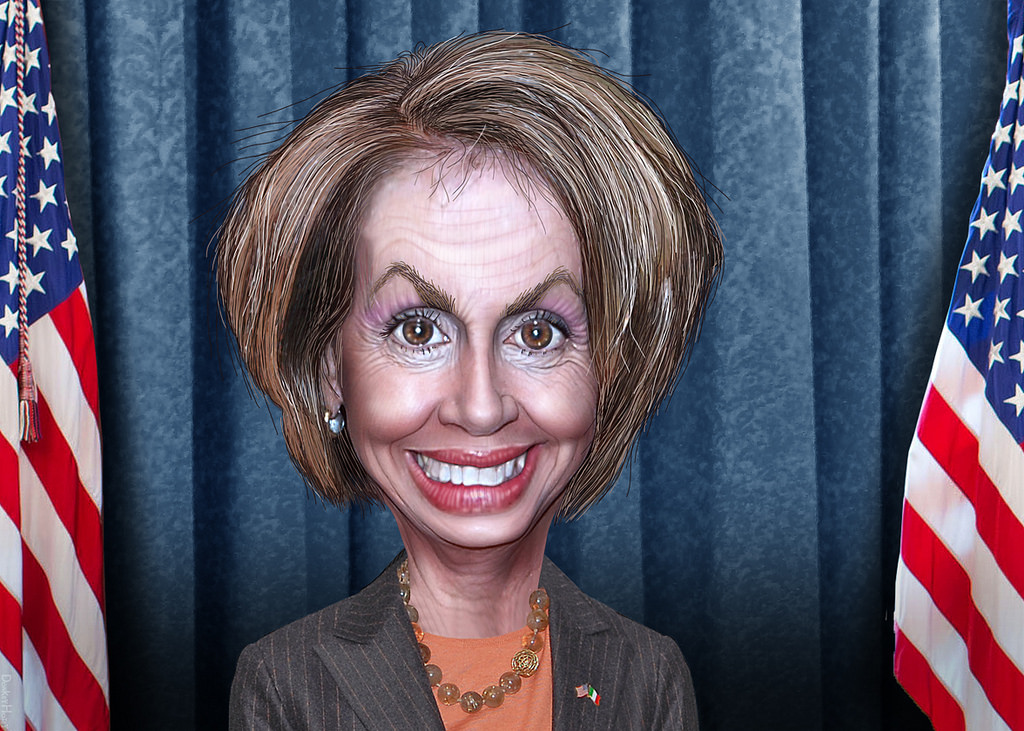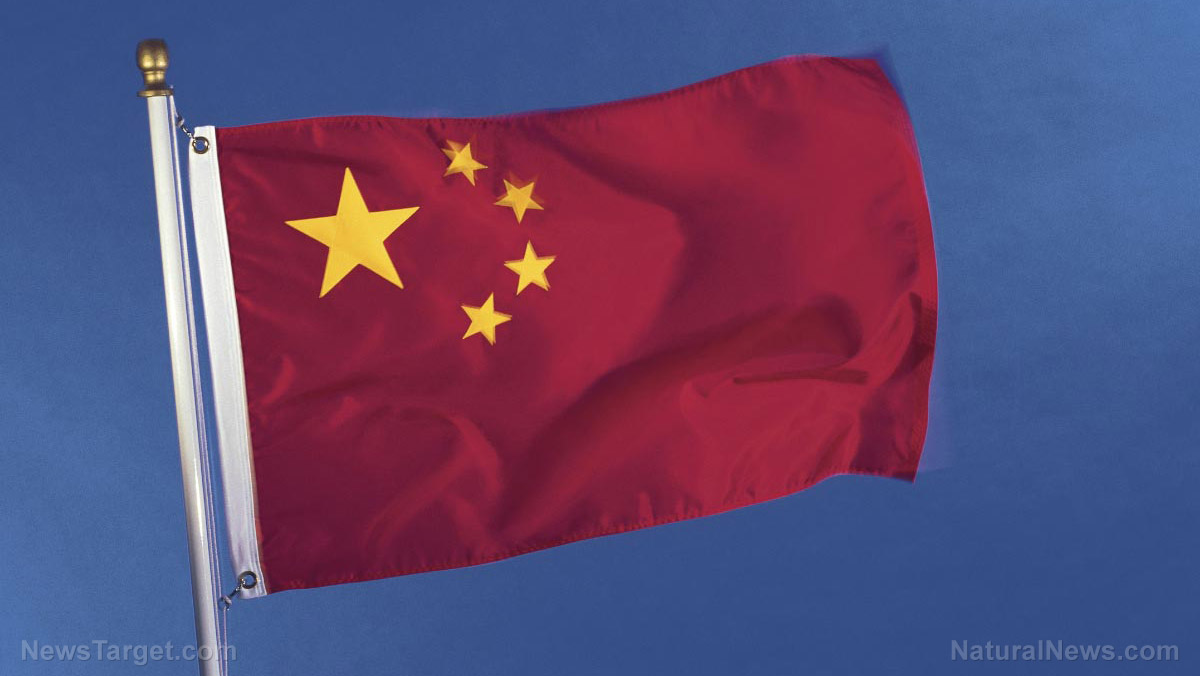
Stocks for different Chinese companies continued on a downward trend as lockdowns imposed by Beijing paralyzed business operations. Forming part of China's zero-COVID strategy, the lockdowns came in response to spikes in Wuhan coronavirus (COVID-19) infections.
Shares of e-commerce company Alibaba fell as much as 10 percent on March 14, continuing to a 23 percent decline in just a three-day period. The firm established by Jack Ma, alongside the broader technology industry in China, has come under scrutiny from the central government in Beijing for some time now.
Tencent shares also experienced a downturn, falling as much as eight percent on March 14. According to the Wall Street Journal, the Chinese technology giant could face a record fine for violating the country's anti-money laundering laws. Tencent owns the social media platform WeChat, which is widely used on the mainland.
Technology firms were not the only victims of the downhill trend affecting Chinese companies. Stocks of Yum China – which owns the franchise rights to KFC, Pizza Hut and Taco Bell in the country – fell 10 percent on March 14. The decline of Yum China stocks followed its warning that COVID-19 lockdowns severely affected its operating results. It pointed out a 20 percent year-over-year slowdown in sales in the first two weeks of March, which was attributed to the lockdowns.
Regulatory action by the U.S. Securities and Exchange Commission (SEC) also contributed to the downturn in Chinese stocks. It named five Chinese firms traded on U.S. exchanges – Yum China among them – as candidates for potential delisting due to inadequate disclosures under the Holding Foreign Companies Accountable Act (HFCAA) on March 10. The SEC gave the five companies a deadline of March 29 to submit evidence disputing their HFCAA identification.
Following the March 10 announcement by the SEC, Yum China shares fell as much as 15 percent. Despite not being named in the announcement, Alibaba stocks also plunged as much as 10 percent on that day.
Zero economic activity looming with zero-COVID policy
China has adhered to a zero-COVID policy ever since the pandemic began in Wuhan, the capital of Hubei province, in March 2020. However, the rise of the more infectious B11529 omicron variant proves to be a challenge to the zero-COVID approach. (Related: China implements strict lockdown, claiming they have to stop the spread of COVID… the supply chain will be impacted.)
Many cities in eastern China, including the port cities of Shanghai and Shenzhen, have been put under lockdown at the behest of Beijing. Known for being a technology hub, Shenzen's local economy is under threat due to the lockdowns. Singaporean newspaper Business Times reported that authorities placed Shenzhen's 17.5 million residents on March 13 into lockdown for at least a week, as COVID-19 cases surged there.
The Shenzhen lockdowns have shuttered a factory owned by Taiwanese company Foxconn in the area, potentially worsening the supply chain crunch. Foxconn operates facilities that assemble iPhones and other products for tech giant Apple. Financial institutions in the city located in Guangdong province, such as brokerages and big state banks, likewise suspended in-person services.
Aside from Shenzhen, the city of Shanghai also suspended in-person classes and inter-city bus services. The city of Changchun in the northeastern Jilin province was also locked down amid rising COVID-19 cases, with the measure affecting its population of about nine million.
Several economists have put in their two cents on the decision to lock down Shenzhen and other cities in the east. ANZ Chief Economist for Greater China Raymond Yeung said more cities may follow Shenzhen's example, noting how public transport was shut down and residents' movements were limited. "If the lockdown is extended, China's economic growth will be significantly affected."
Meanwhile, S&P Global Ratings Chief Economist for Asia-Pacific Louis Kuijs said the restrictions in Shenzhen make the economy "particularly vulnerable to the more contagious omicron variant." He added: "For China, omicron is a key risk for domestic demand, output and possibly supply chains."
Visit Collapse.news to read more about the effects of COVID-19 lockdowns on economies.
Watch the video below about Shenzhen authorities imposing a total lockdown following seven COVID-19 deaths.
This video is from the ZGoldenReport channel on Brighteon.com.
More related stories:
Sources include:
Please contact us for more information.




















